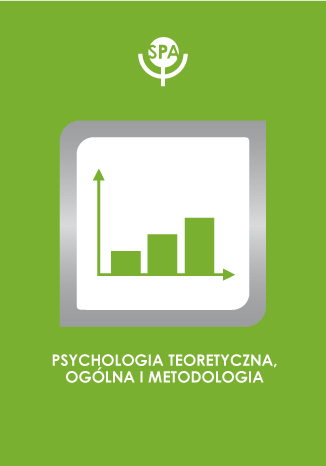Array
(
[id] => 144
[date] => 2018-11-18
[doi] =>
[title] => Metodologiczna mitologia w badaniach zachowań konsumenckich
[title_en] => METHODOLOGICAL MYTHOLOGY IN CONSUMER RESEARCH
[authors] => Piotr Francuz
[abstract] => The basic criterion for establishing the validity of knowledge gained in any discipline is methodology. Generally, this criterion allows us to establish the relationships among results of scientific research assessing methods which have been used. The task of this paper is to critique the research strategy used in the field of consumer research. Based on detailed review of empirical research results and theories present in the field, several categories of methodological problems are identified. These problems isolate consumer behavior research from reality, considerably inhibit the progress of theory, and prohibit the possibility of making effective predictions. The problems, methodological myths, are as follows: 1) treating the results of studies made of students representative for the whole population of consumers; 2) generalizing laboratory experiments and opinion pools into real world situations; 3) inferring, without sound methodological reflection, too general conclusions from statistical data analyses; 4) interpreting causation from correlation; 5) dealing with common sense problems in scientific research.
[abstract_en] => The basic criterion for establishing the validity of knowledge gained in any discipline is methodology. Generally, this criterion allows us to establish the relationships among results of scientific research assessing methods which have been used. The task of this paper is to critique the research strategy used in the field of consumer research. Based on detailed review of empirical research results and theories present in the field, several categories of methodological problems are identified. These problems isolate consumer behavior research from reality, considerably inhibit the progress of theory, and prohibit the possibility of making effective predictions. The problems, methodological myths, are as follows: 1) treating the results of studies made of students representative for the whole population of consumers; 2) generalizing laboratory experiments and opinion pools into real world situations; 3) inferring, without sound methodological reflection, too general conclusions from statistical data analyses; 4) interpreting causation from correlation; 5) dealing with common sense problems in scientific research.
[keywords] => stimulation, control, obstacles
[keywords_en] => stimulation, control, obstacles
[file_path] => /files/articles/1995-1-metodologiczna-mitologia-w-badaniach-zachowa-konsumenckich.pdf
[okladka] => psychologia_teoretyczna_ogolna_i_metodologia.jpg
[rocznik] => Rocznik: 1995 Tom: 1 Numer: 3
[strony] => 143-153
)










 Pobierz pełny tekst
Pobierz pełny tekst



